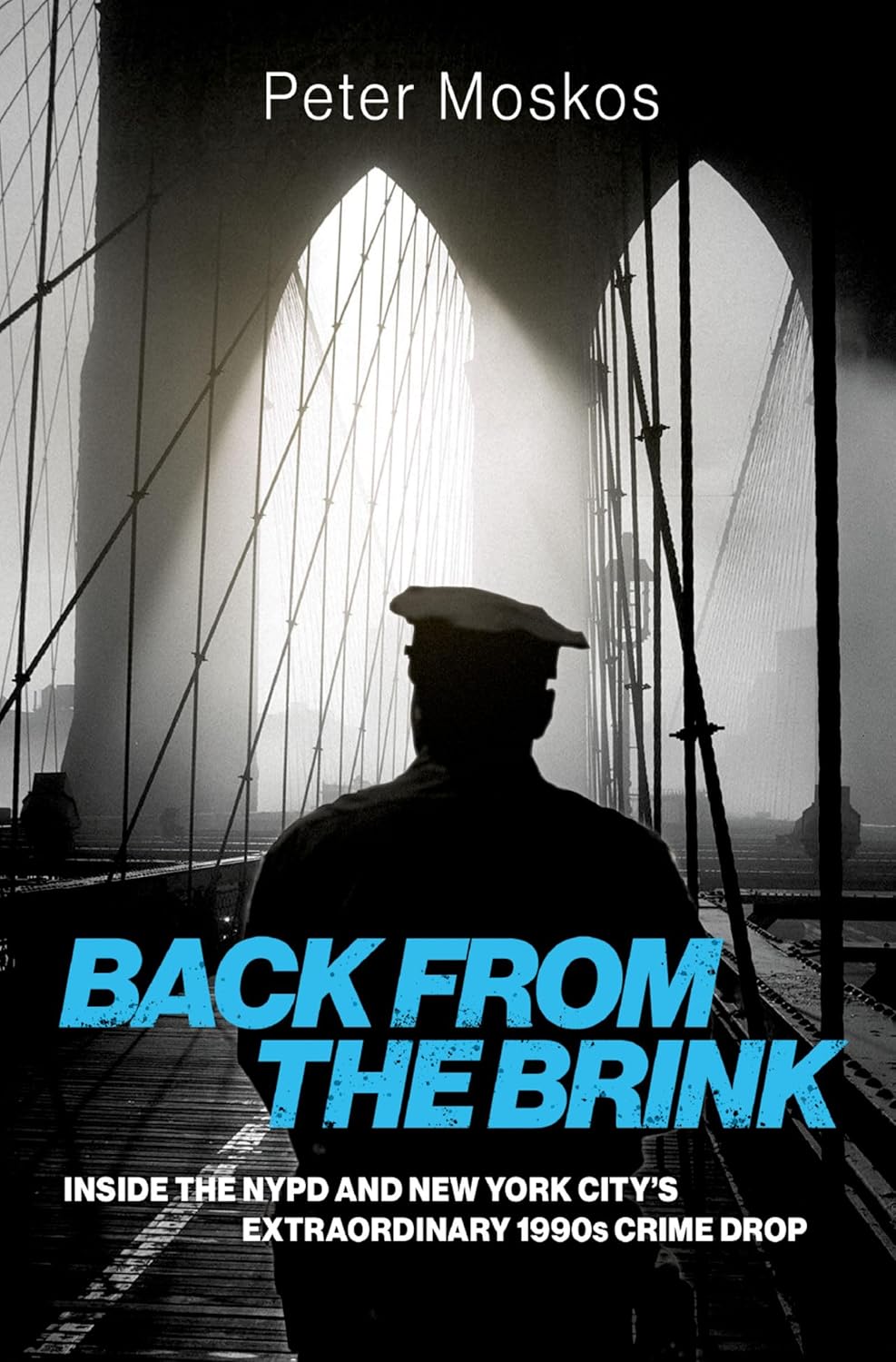The two policing pillars behind the crime drop were the use of “Broken Windows” policing, whose name derived from a noted essay by James Q. Wilson and George Kelling arguing toleration of low level offenses—litter, public drunkenness, subway-fare evasion, and the like—contributed to more serious crime by signaling to the broader population that public order had broken down. Broken Windows policing, paying attention to such “victimless” offenses, did not in New York lead to many more arrests, but increased greatly the points of interaction between cops and low-level offenders, often generating information leading to arrests for more serious crimes.
The other pillar was the development of “CompStat”—the rigorous collection of crime data precinct by precinct. CompStat initially involved placing pin points indicating different sorts of crimes on a precinct map; shortly afterwards the NYPD got the data computerized. Daily analysis of CompStat data went hand in hand with a combined departmental centralizing–decentralizing that changed the culture of the NYPD. Under CompStat, precinct commanders were summoned to regular meetings at NYPD headquarters to present and analyze the statistics from their precincts and explain to top brass what they were going to do to bring crime rates down, and were given the resources to do so. This seemingly straightforward practice energized many precinct commanders while steering others into retirement, and it seemed to galvanize the whole force. In any case, the number of felonies in New York dropped 12 percent in Giuliani’s first year, 16 percent in both the second and third years, and kept going down. The city’s murder rate was an astonishing 89 percent lower in 2018 than it was in 1990.
Most New Yorkers believed crime was a given and couldn’t be dramatically reduced. Moskos quotes John Miller, who would become Bratton’s chief public affairs officer, telling the top police strategist Jack Maple that crime isn’t something you can arrest your way out of. “Societal ills are way bigger,” he said, expressing the nearly universally held conviction of the city’s establishment. Maple laughed. “Johnny, this will be an easy one so long as we have absolute control. This will be like shooting fish in a barrel.” Maple, a night-school graduate whom Bratton promoted over many more senior in his department, was proved right.
